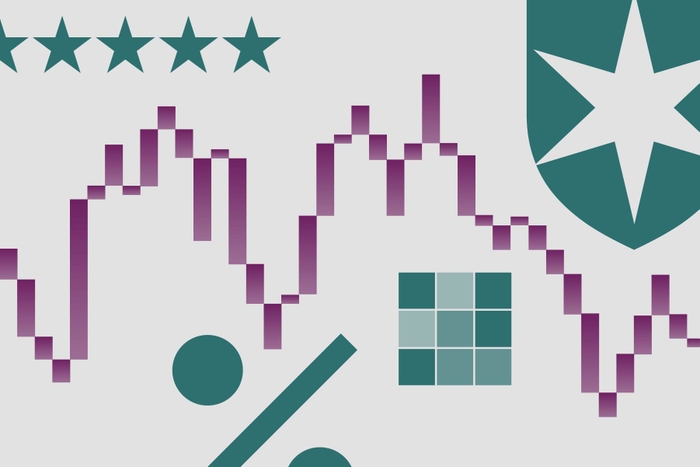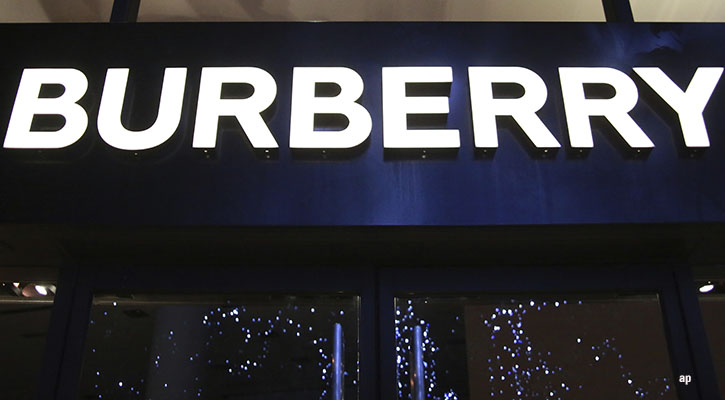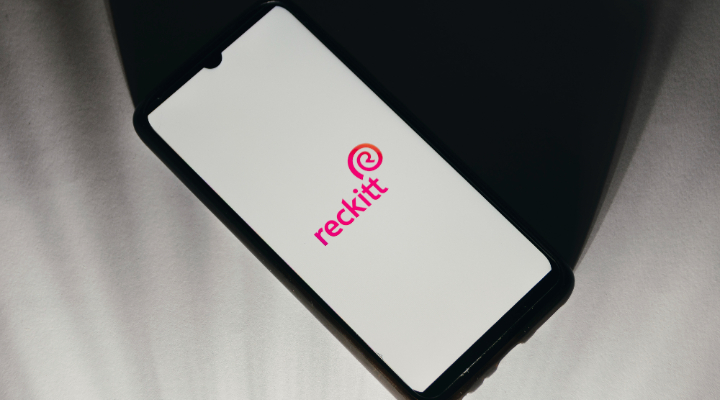Telecoms company Verizon is set to issue the largest corporate debt sale in history. Having offered Vodafone $130 billion for the UK operator's stake in its business Verizon will now be issuing $20 billion worth of corporate bonds.

The 10 year bonds will yield in excess of 5%

The bonds will be issued in a range of terms, in maturities from three to 30 years. There are expectations that the 10 year bonds will offer a yield in excess of 5%.
Three bond fund managers offer their thoughts:
Nick Hayes, manager AXA WF Global Strategic Bond fund
I believe the bond market is alive and well - ‘reports of my death have been greatly exaggerated’. All year there has been talk of a great rotation, a bond bubble and an end to the 30 year bond bull market, but in our opinion this is clearly not the case. We believe at the right price bonds are still very attractive, with yields of 4.5 to 6.5% available depending on the bond’s maturity. Verizon has added a new issue premium to its existing bonds to ensure the deal was a success, and it was so successful they had $100 billion of demand, doing all they needed to do without the potential European issuance.
The threat of tapering has led to a sell-off in treasuries, which means overall yields are more attractive in the bond market. In a strengthening economy, like the US, we don’t like treasuries, but we are still confident in bonds that benefit from stronger economies, for example high yield or lower rated investment grade bonds. We have been reducing our exposure to US investment grade bonds due to the threat of event risk, but clearly once the price falls enough we are buying the same bonds but on more attractive spreads.
Chris Bowie, head of credit at Ignis Asset Management
It is rumoured Verizon’s new 10-year bonds may yield 225 basis points over comparable US Treasuries. This would be about 75 basis points more than existing 10-year Verizon bonds.
It is such a big deal and we will be looking closely at it, but it has to come cheap. While the telecoms sector has been the primary source of activity in credit recently, many investors have been burnt.
Liberty Global’s acquisition of Virgin Media is the case in point. After years of trading as a high yield credit due to its high debt profile, it was able to push into investment grade. However, the Liberty deal bounced it right back to high yield, resulting in sharp losses.
As for Verizon, the mooted level for the 10-year would be quite appealing, but we will have to see how it eventuates. Overall, with gilt yields pretty much doubling over the past year, we are beginning to see signs of value returning to the market. However, spreads are still tight and there is a bit of a way to go.
Mitch Reznick, co-head of Hermes Credit
We are pleased that the Verizon deal has done well because it shows the credit markets remain healthy.
In order to sell a deal of this magnitude it was important that Verizon and the banks offered an attractive premium to existing securities. The approximate 50 basis points premium to the liquid bond and the nearly 100 basis points over the five-year credit default swap rate was excellent for an investment grade name. To put the scale of this deal and the strong demand for it into context, the $53 billion of unfulfilled order was greater than the entire order book for the recently issued bond deal for Apple.
While many local investors were underwhelmed with their allocations as many were waiting on a possible European tranche, which was pulled, we received about half of our order. As pure global investors we have been active in the US for a number of years and as a result the relationships we have built over those years benefits us in situations like this; we are not tourists in the US market.
What also makes this deal so attractive is that for the premium being offered, we have very good visibility on the deleveraging story, since the company is merely capturing 100% of the solid excess cash flows from a company that they have managed for years.





























